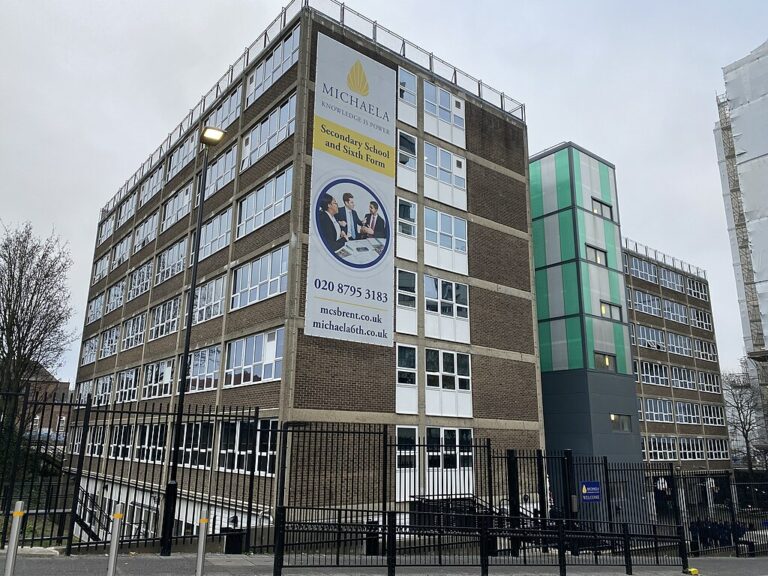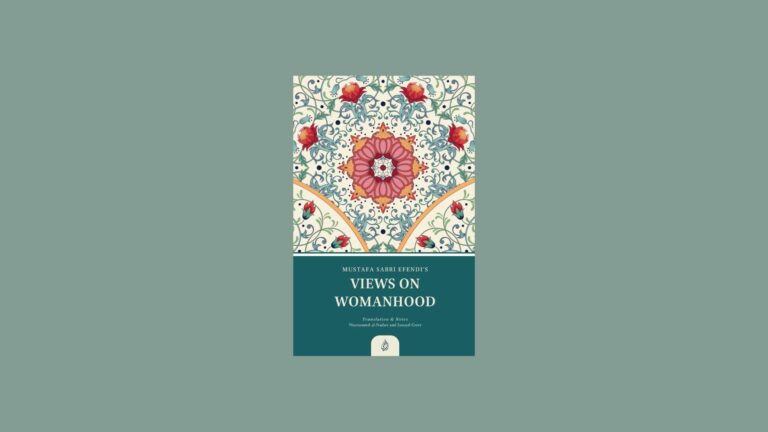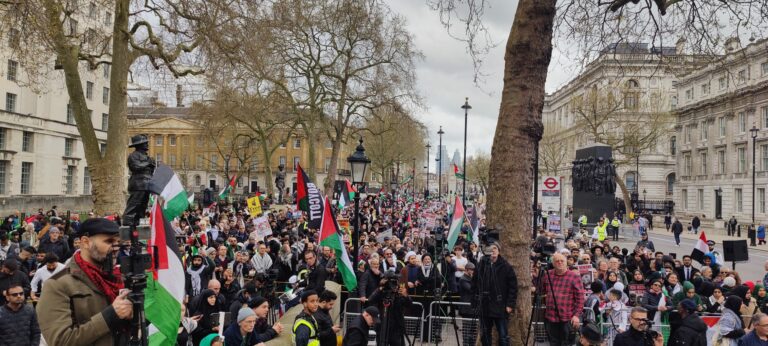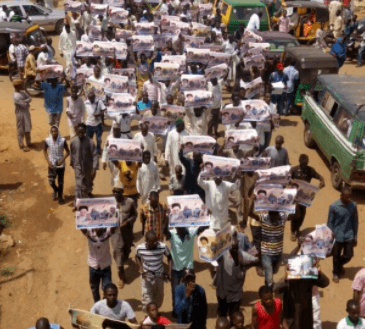A judge at Marylebone Magistrate Court in Central London yesterday discharged two Bahraini activists who had climbed to the roof of the Bahrain’s Embassy earlier this year. Ali Mushaima and Moosa Abd Ali were reprimanded for “trespassing” on a “diplomatic”premises and warned them not do it again. On 17th April 2012 the two Bahraini activists broke away from their hunger strike outside the American Embassy and made their way to Belgrave Square; climbed onto a scaffolding attached to a nearby building and occupied the roof of the Bahraini Embassy. After 24 hours of negotiations, the pair came down voluntarily and were briefly arrested by the police. Two weeks ago they were taken to court where their case had been heard. Yesterday marked the end of the ordeal when a magistrate at the Court considered the case on its merits and ordered the discharge of Ali Mushaima and Moosa Abd Ali. He also ordered them to pay £100 each towards the cost of the extensive police operations at the scene. The judge expressed clear sympathy with them especially after the courtroom turned into a trial of the Alkhalifa murderous regime.
As the regime became more desperate in the face of the steadfast people, its cruelty has become more vicious. It has become emboldened by the presence within the police and security forces of the British “security experts” like John Yates, Sir Daniel Bethlehem and Sir Jeffrey Jowell. Over the past few months human rights violations have escalated and the regime’s ability to hide its crimes with the help of those “legal” and “professional” experts has also improved. On Tuesday 5th December, Alkhalifa Death Squads attacked the town of Bani Jamra using live ammunition as well as shotguns. A young man of 20 years was shot in the face and left for dead. His face became another emblem for Bahrain’s peaceful revolution which is being crushed by evil power of criminal dictators. Three women from the area were arrested; Lubaba Jaffar Mulla Ahmad, her sister Salma and Fatema Hassan Hussain. The Death Squads aimed at another Bahraini, Redha Al Ghasra, but missed. Another Bahraini boy, Mohammad Ibrahim Al Zaki, was arrested on 3rd December at Maqaba Town.
In the past two days the regime’s Death Squads attacked several towns and villages including Bani Jamra, Dair, Wadyan and Samaheej. Ransacking people’s homes continued throughout the night during which the contents of these houses were destroyed or looted.
Last Saturday 1st December Alkhalifa forces demolished four more mosques in various places. In Karzakkan Fadak Mosque was demolished by regime’s mercenaries using tractors. Three other mosques were demolished at Hamad Town; Fadak AlZahra at 2nd Roundabout, Abu Talib at 19th Roundabout and Imam Hassan Al Askari at Roundabout 22. These mosques were destroyed by Alkhalifa last year but were partially rebuilt by the people. A tent that had been erected at the site of Imam Al Hadi’s mosque at Roundabout 20 has been burnt by regime’s forces.
On 3rd December The Washington Post published an opinion column by By Elisa Massimino who is president and chief executive officer of Human Rights First under the title “An intolerable status quo in Bahrain”. After describing the proceedings of the trial of the medical staff on 22nd November she wrote: “During my 25 years as a lawyer and human rights advocate, I’ve been in many courtrooms in many places. But I’ve never seen anything quite like what I recently witnessed in Bahrain. I sat in on one of the hearings for the 28 medics being prosecuted after treating injured protesters during the democratic uprising last year”. She concluded: “In a region where threats to U.S. interests abound, it may be tempting for the Obama administration to conclude that, while not ideal, the status quo in Bahrain is tolerable for now. That would be a mistake. There is no status quo in Bahrain. The situation is deteriorating, and pro-democracy activists are growing more desperate. There will either be reform, or a descent into worsening violence. The United States may not be able to control the outcome, but — for its own strategic interests and the good of the Bahraini people — it must do everything it can to persuade the regime to choose the right path”.
This article was first published by the Bahrain Freedom Movement on 7 December 2012







